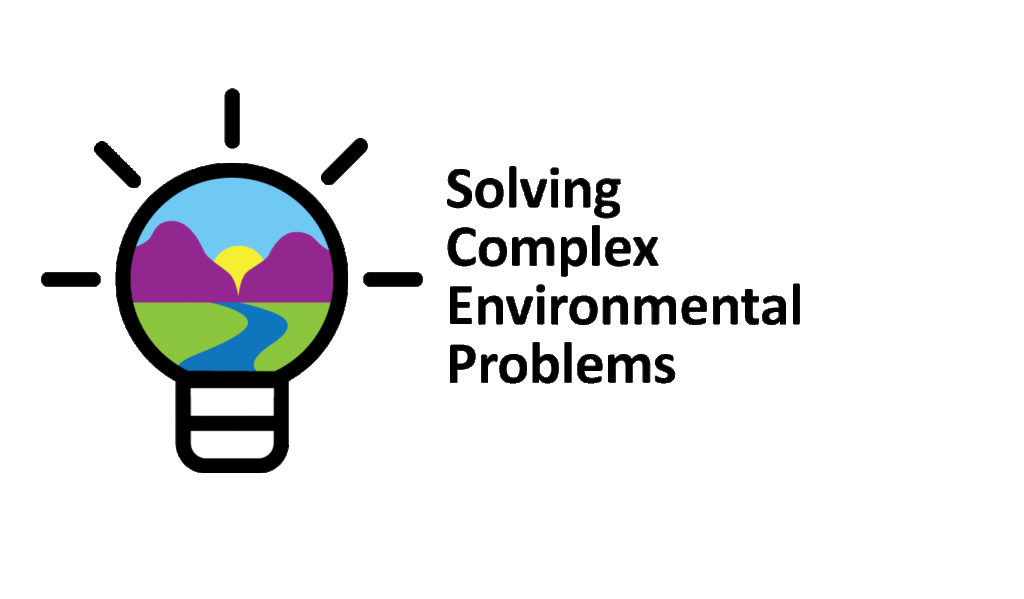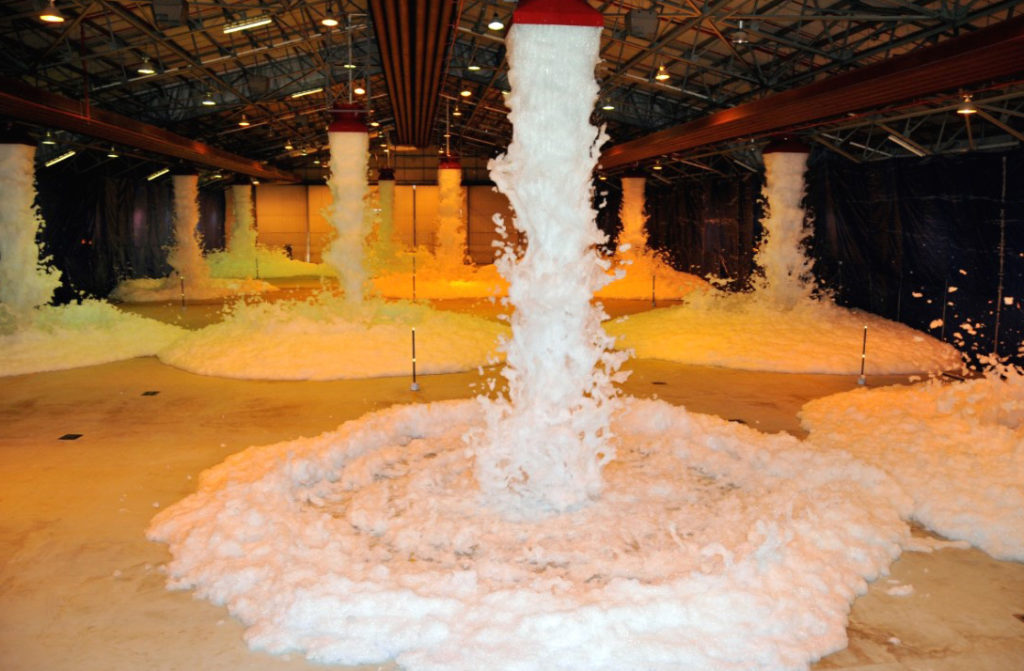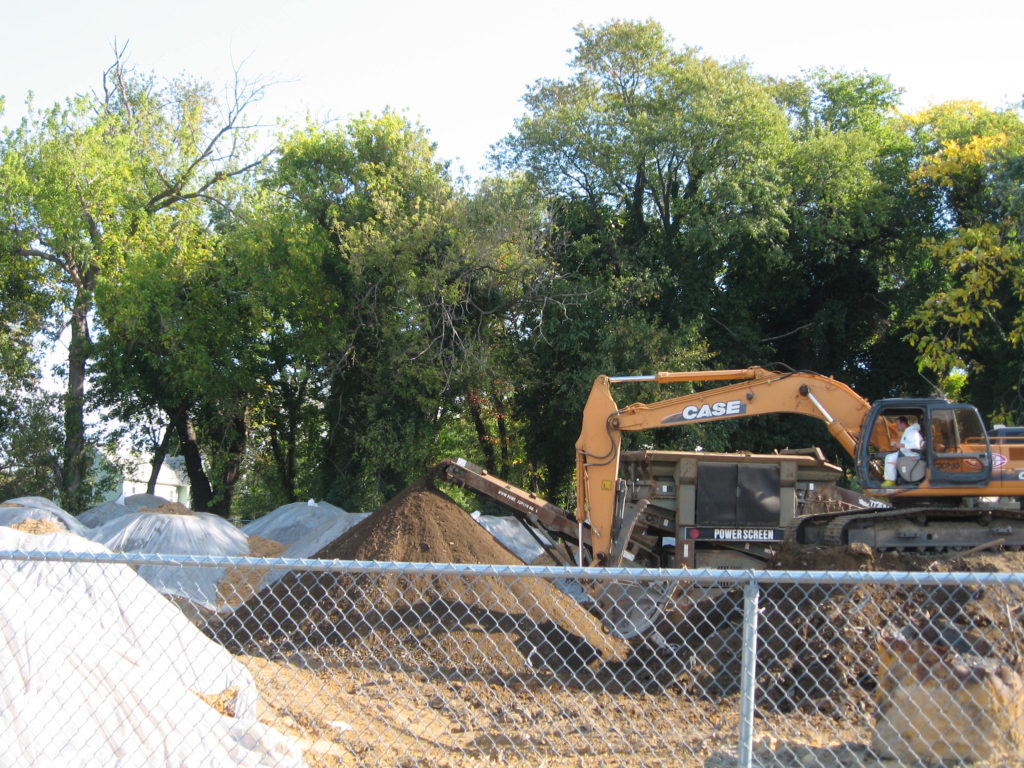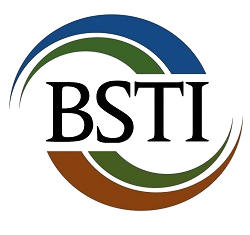THE IMPACT OF EXTREME WEATHER ON HAZARDOUS MATERIAL RELEASES

Extreme weather has an out-sized impact on petrochemical industries, in part because many are located along coastal and inland waterways. One aspect of this impact is an increased frequency of spills due to natural hazards in recent decades. In the analysis of federally reported releases presented, natural hazards are the underlying cause of between 1 […]
A 7-STEP EXECUTIVE SUMMARY OF EPA RECOMMENDATIONS TO REDUCE LEAD IN DRINKING WATER IN SCHOOLS

The EPA is responsible for ensuring the safety of the nation’s drinking water in public water supplies. The EPA estimates that approximately 8,000 schools and child care facilities maintain their own water supply and are regulated under the Safe Drinking Water Act (SDWA). There are approximately 98,000 public schools and 500,000 child-care facilities not regulated […]
BSTI GETS PHYSICALLY CHALLENGED PEOPLE UP AND MOVING ON ADAPTIVE EXERCISE EQUIPMENT

BSTI’s major charity contribution this year was to the IM Able Foundation. The mission of the IM ABLE Foundation is to remove obstacles that prevent people affected by disabilities from being physically active. Recently IM Able organized a competitive duathlon race in Wyomissing PA as one of their annual fund raising events. A duathlon combines running […]
SOLVING COMPLEX ENVIRONMENTAL PROBLEMS #4: USING CUTTING EDGE SCIENCE TO AVOID ONGOING REMEDIATION

BSTI uses a science-based approach to close a site with LNAPL, save our client money and re-start a stalled real estate transaction. The Problem A release from a 30,000-gallon underground storage tank resulted in a body of diesel fuel above and below the water table (commonly referred to as light non-aqueous phase liquid or LNAPL). […]
SOLVING COMPLEX ENVIRONMENTAL PROBLEMS #5 ANTI-FOULING AGENTS TO REDUCE O&M COSTS AND INCREASE LNAPL RECOVERY

BSTI was the provider of in-situ remediation services for a large-scale subsurface release of diesel fuel at an electrical generating station. Water table depression pumps were installed in four large-diameter recovery wells to control the migration of diesel fuel and to create a cone of capture in the aquifer to promote LNAPL recovery. BSTI personnel […]
SOLVING COMPLEX ENVIRONMENTAL PROBLEMS POST #7 ASTUTE PIVOT IN REMEDIAL STRATEGY SAVES CLIENT SIGNIFICANT TIME AND MONEY

The ProblemAn office building owner switched their fuel source from heating oil to propane resulting in the removal of their 1,000-gallon heating oil underground storage tank (UST). As excavation of the UST proceeded, signs that the tank had been leaking became evident. The unearthed steel tank showed holes and pitting from corrosion. Stained soils, oily […]
SOLVING COMPLEX ENVIRONMENTAL PROBLEMS #14 BSTI’S INGENUITY SAVES CLIENT SUBSTANTIAL COSTS AFTER A PFAS RELEASE

A client experienced an accidental release of fire suppression foam containing C6 PFAS compounds in one of their facilities and was paying exorbitant fees to emergency response clean-up crews. Aqueous film forming foam (AFFF) was released into floor drains that normally led to the sanitary sewer. In this emergency event, diversion valves were actuated to […]
SOLVING COMPLEX ENVIRONMENTAL PROBLEMS POST #12, KEEPING WELL-INFORMED WITH DYNAMIC REGULATORY CHANGES HELPS CLIENT AND PROJECT SUCCEED

The Problem A multi-unit residential building in an urban setting was in the process of being purchased in a real estate transaction. A review of historic environmental reports and documents identified a former underground heating oil storage tank (UST) that existed under the basement concrete slab. The UST was closed-in-place, but historic investigation and soil […]
HOW PLANNING FOR PROJECTS WITH IMPACTED SOILS AND MATERIALS CAN ALLEVIATE PROJECT DELAYS

If you are in the construction or redevelopment business, you already know how frustrating and costly construction delays can be when unplanned environmental issues arise. The discovery of soils and/or materials impacted with regulated substances can pose a safety concern for workers, shut down tight schedules and throw budgets into chaos. We frequently get calls […]
BSTI’S GREEN REMEDY HELPS CLIENT SAVE MONEY AND AVOID PERMIT VIOLATIONS AT A WASTEWATER TREATMENT PLANT SPRAY IRRIGATION FIELD

BSTI was asked by the operator of a wastewater treatment plant to explore options that would mitigate the diminishing capacity of an existing spray irrigation field. Over time, the diminishing capacity of the spray irrigation field was creating operational issues and exposing the operator to potential violations of their Water Quality Management Permit. The spray […]
